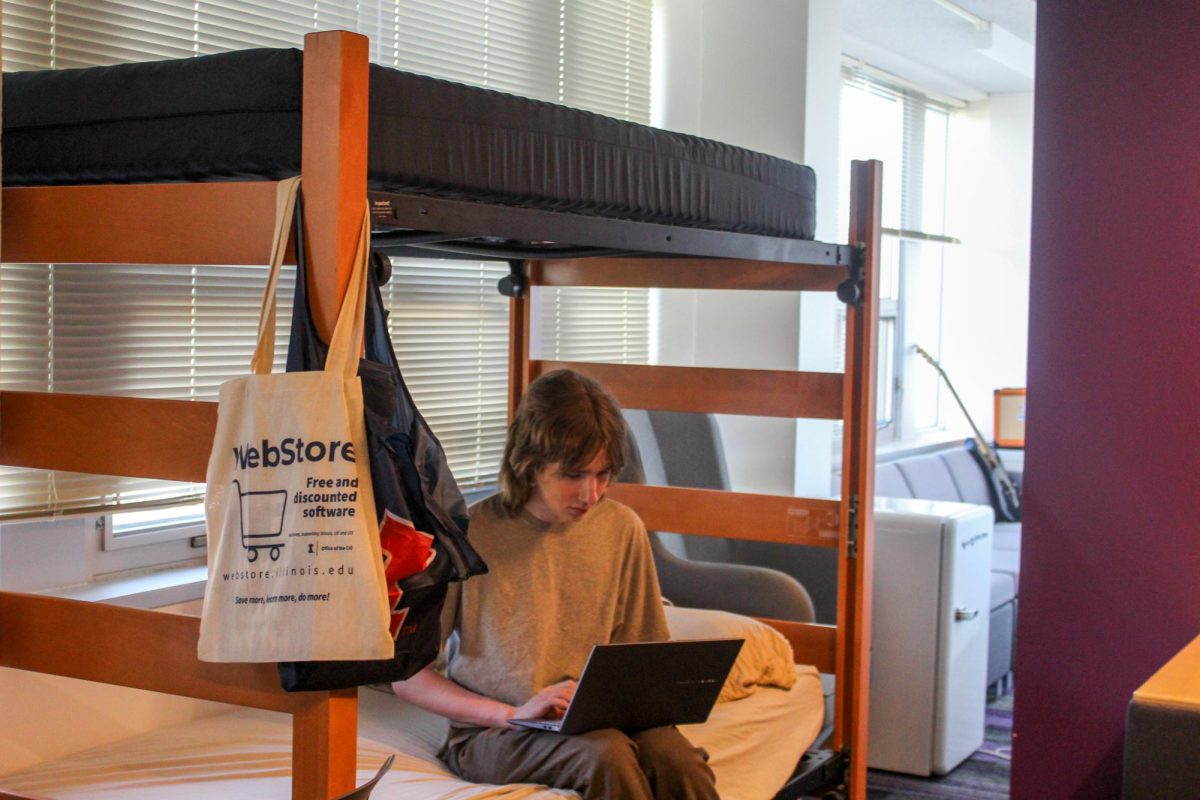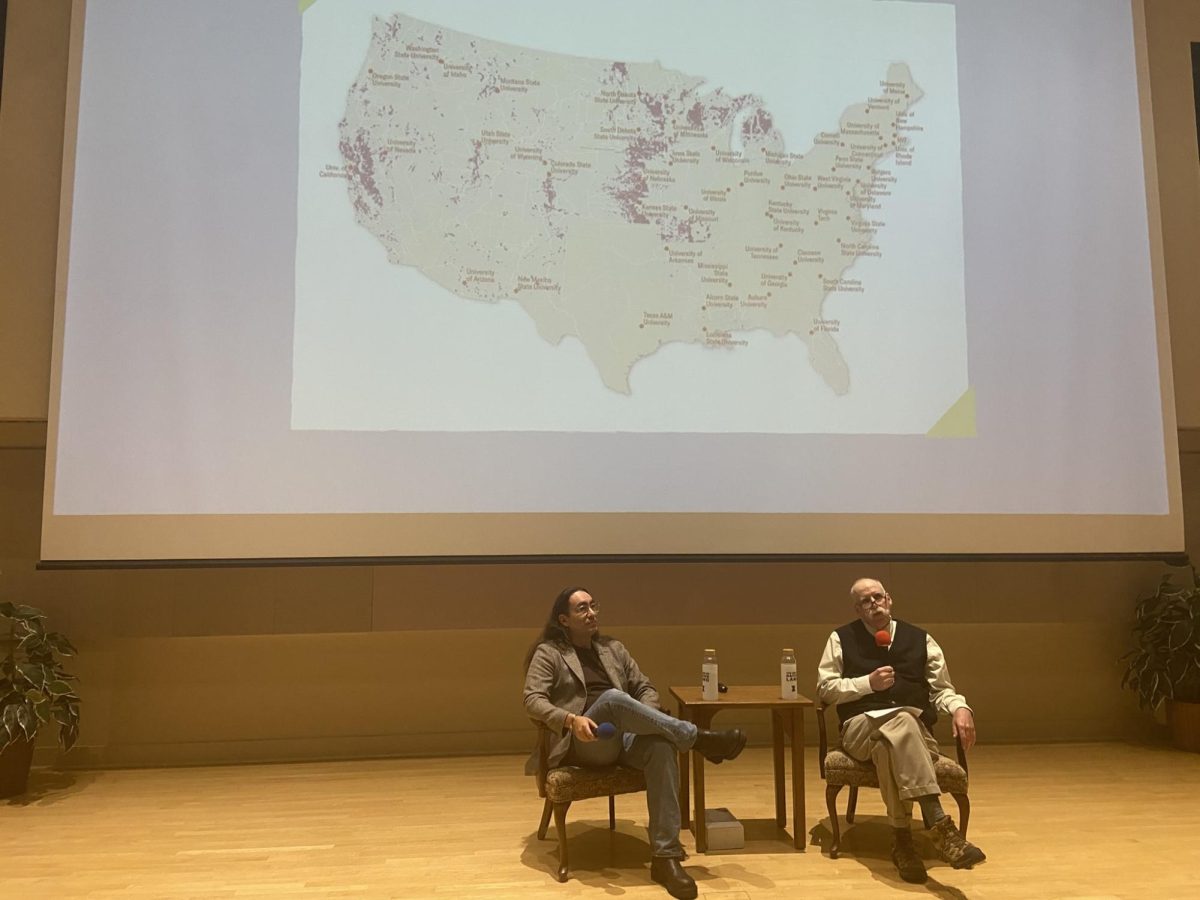On Monday, the U.S. Department of Commerce’s Economic Development Administration announced the Illinois Fermentation and Agricultural Biomanufacturing Hub as one of 31 Tech Hub designees.
iFAB is led by the Integrated Bioprocessing Research Laboratory, which is part of the College of Agricultural, Consumer & Environmental Sciences at the University.
The 31 Tech Hubs were selected from a pool of 198 applicants that spans across 32 states and Puerto Rico. Each carries the potential for rapid growth in key technology sectors.
The Tech Hubs Program, originally created as part of the CHIPS and Science Act of 2022, brings together private and public leaders from industry, higher education, government and economic development organizations with the intent of furthering development on regional economic needs and growth opportunities, according to the office of U.S. Rep. Nikki Budzinski.
The collaboration with iFAB aims to advance domestic biomanufacturing, drive regional technology growth and propel the creation of jobs for American workers at all skill levels.
Get The Daily Illini in your inbox!
Already serving as a leader in biomanufacturing in the United States, the University is well-placed to grow and revolutionize the sector even further, while increasing the state’s presence in innovation, economic development and technology.
According to the College of ACES, the iFAB project is intended to redefine synthetic biology, a rapidly flourishing new scientific field that involves genetically redesigning organisms to advance or add capabilities, which can then be used to solve problems such as pollution and resource utilization.
The college said the project also involves precision fermentation processing, an up-and-coming industry that “harnesses cutting-edge technology to convert plant-based feedstocks into high-value commodities, such as food ingredients, fuels, and performance materials.”
This project is supported by Innovate Illinois, a public-private partnership with the purpose of securing federal funding for such projects.
“As we work to drive 21st-century agricultural innovation, the University of Illinois is uniquely positioned to make significant technological advances,” Budzinski said in a press release about the matter.





